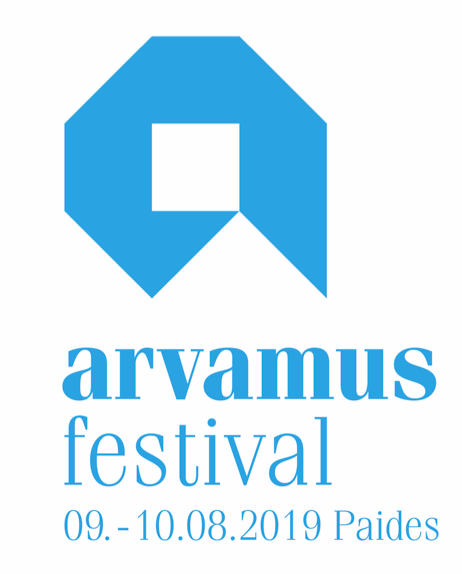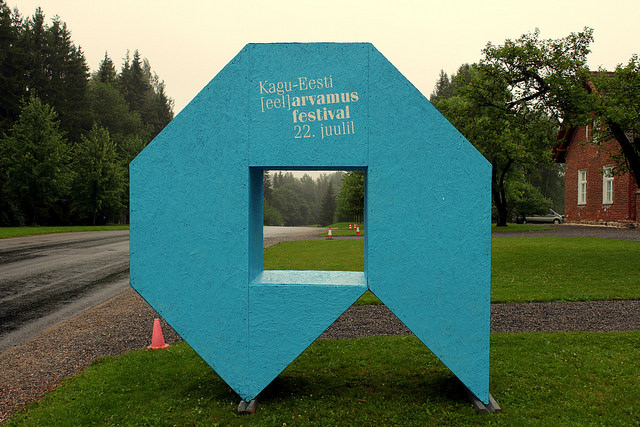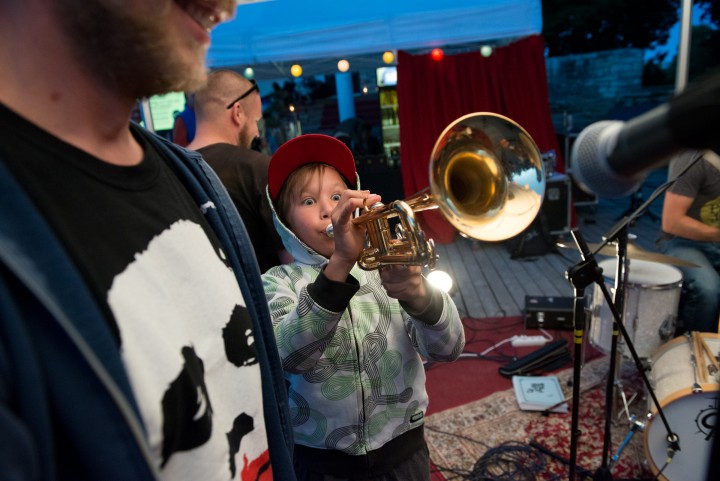The Opinion Festival has, as one of its aims, to create an atmosphere that is good for open discussion, but how much do we actually want, or need this? Is this kind of debate a peacetime luxury, in a time when it often feels like war, or at least some bigger conflict, is pending?
During the aftermath of the recent referendum that saw Britain vote to leave the European Union, there was a lot of discussion about the different choices faced by the UK and the rest of Europe in the future. The vote, which took most of the political elite by surprise and was greeted with a sense of joy by some and impending doom by others, threw individuals and political parties into a period of extended soul-searching, from which they have not yet emerged.
What was particularly interesting was what it meant for the future of debate. We take it for granted today that we will be given time and space to discuss openly solutions to problems. However there is a growing feeling that the way in which we conduct debate is changing. The Donald Trump campaign in the United States, the refugee crisis in Europe, and discussions on how many displaced people Estonia will take, have all been conducted in an increasingly bellicose manner. The manner of debate seems to be similar to that shown in this video (apologies for linking to an RT post, but it shows what I mean).
This all begs the question, although many of us like to philosophise about the best way of organising ourselves, does this mean that modern culture and government can do so? We have seen, with the acceptance of political “spin” as a necessary tool for most governments, distrust in elites rise. This appears to be at least part of the reason for the rise of Trump, and for Brexit. It’s created a situation where it doesn’t take many points in a conversation on something like Twitter, for example, for one side or both sides to start exhibiting anger.
Essentially, a Twitter conversation in 2016 goes like this:
- Person One: I’m being deliberately provocative, but I’m obviously right, because the person in [this link] agrees with me.
- Person Two: Really? I don’t agree with all of what you just said. Here is another [link] that I feel proves my argument is right.
- Person One: What gives you the right to argue against my point? Check your privilege. You must be a misogynist, or a conservative, or most likely both.
- Person Two: I have every right to exist in this world, but you are the whole reason why the global system is going down the toilet. And you’re ugly.
The Opinion Festival can at times seem endearingly old-school, like a non-threatening meeting of minds that could not happen outside the comforting town boundaries of Paide. Can we learn a better, more civilised, way of arguing while we’re here? Is it possible, in a time when opinions are often weaponised and used as propaganda, for neutrality to exist, or at least for people to come to a discussion and then make up their minds, rather than beforehand? Is the Opinion Festival serving a useful purpose by opening up so many different views, and bringing together many people who would, in an increasingly-polarised atmosphere, often choose not to meet? Or is debate a peacetime luxury, which we cannot countenance now we need to “lock and load,” as the man says in the linked video rant?
It won’t surprise you that, on the festival blog, this post argues that, no, debate is not a luxury. But we all need to get better at doing it, and soon. Otherwise we run the risk of becoming the people we always hated. Whatever we believe, let’s share the love, because that’s the true spirit of the Opinion Festival, and that’s what can get us through this absolute dog’s dinner of a year.


